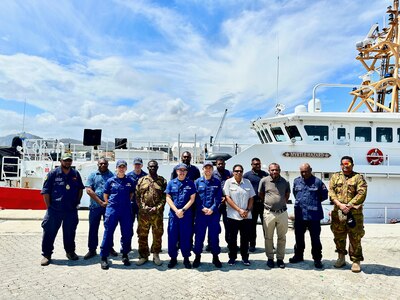The Challenges of Remote Auditing
페이지 정보

본문
The rise of distant work has remodeled the best way businesses operate, and auditing isn't any exception. As firms shift towards remote and hybrid work fashions, auditors should adapt to new challenges in order to successfully conduct audits from a distance. In this text, we'll explore the key challenges of remote auditing and the methods that can be employed to beat them.
One of the first challenges of distant auditing is the lack of direct human commentary. Auditors rely heavily on visual cues and nonverbal communication to interpret the behaviors and physique language of employees. In a distant audit, these cues are sometimes absent, making it more difficult for auditors to assess the effectiveness of controls and procedures. To overcome this problem, auditors must rely extra heavily on expertise, similar to video conferencing and digital evidence, to gather data and assess controls.
Another problem of remote auditing is the potential for collusion and control overrides. When auditors will not be physically current, employees could have more alternatives to control information and procedures to conceal irregularities. To mitigate this threat, auditors must implement sturdy controls and procedures to detect and prevent collusion, similar to segregating duties and verifying transactions.
Communication can be a major challenge of remote auditing. Auditors should be capable to effectively communicate with administration and employees, both verbally and in writing, to achieve the audit goals. Nevertheless, distant auditors may not have the identical degree of face-to-face interaction as on-site auditors, making it tougher to build rapport and set up belief. To beat this problem, auditors must be extremely expert in verbal and written communication and must take the time to determine clear expectations and boundaries.
Technical challenges are additionally common in remote auditing. Auditors may encounter points with digital proof, data assortment, and software program compatibility, all of which may hinder the audit process. To beat these challenges, auditors must have a strong understanding of technology and have the ability to troubleshoot and navigate these issues.
In conclusion, remote auditing presents a range of challenges for auditors. However, by using efficient strategies, corresponding to counting on expertise, implementing strong controls, and prioritizing communication, auditors can overcome these challenges and achieve successful outcomes. As distant work continues to evolve, auditors should adapt to those new challenges and keep forward of the curve in order to maintain the integrity and effectiveness of their audits.
The future of auditing is indeed wanting digital. Embracing distant auditing and leveraging technology can assist auditors attain more clients and conduct audits extra efficiently. Nevertheless, to attain success, auditors have to be prepared to adapt and undertake new strategies and instruments. With the fitting mindset and expertise, remote auditing will be a robust software for attaining business audit services singapore goals and delivering value to clients.

- 이전글온라인 요힘빈(D8 D9) 구입【 홈:KT6.kr 】아드레닌구매 25.03.13
- 다음글비아그라 판매하는곳【 홈:KT6.kr 】아드레닌구입 25.03.13
댓글목록
등록된 댓글이 없습니다.